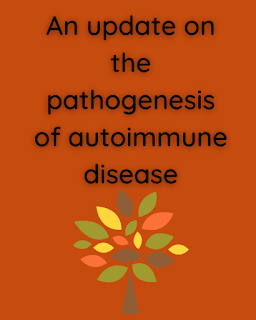Autoimmunity to the adrenal cortex is the most common cause of Addison's disease in developed countries, with prevalence estimates in Europe ranging from 93-220 per million. The immune-mediated attack on adrenocortical cells impairs their ability to synthesize important steroid hormones, necessitating lifelong hormone replacement therapy. The etiology of autoimmune disease is multifactorial, involving immune gene variants and environmental factors. We have recently learned that the adrenocortical cell is an active participant in the autoimmune process. The complex interplay between the immune system and the adrenal cortex is summarized here, as are unanswered questions and gaps in our current understanding of the disease.
 |
| Pathogenesis of Autoimmune Disease |
In developed countries, Addison's disease is rare and usually the result of an autoimmune disease. Addison's disease can appear as a standalone condition or in conjunction with other autoimmune diseases: Addison's disease is a distinct polyglandular autoimmune syndrome (APS I and II). Autoantibodies are directed against the enzymes involved in steroid synthesis, P45oc21, P45oscc, and P45oc17, in patients with isolated Addison's disease. Addison's disease, both isolated and in the context of APS II, has been linked to the HLA-A1, -B8, and DR3 haplotypes. The increased expression of these molecules on adrenocortical cells may indicate infectious pathogenesis.
Chronic Inflammatory Demyelinating Polyneuropathy CIDP PDF
Comments
Post a Comment